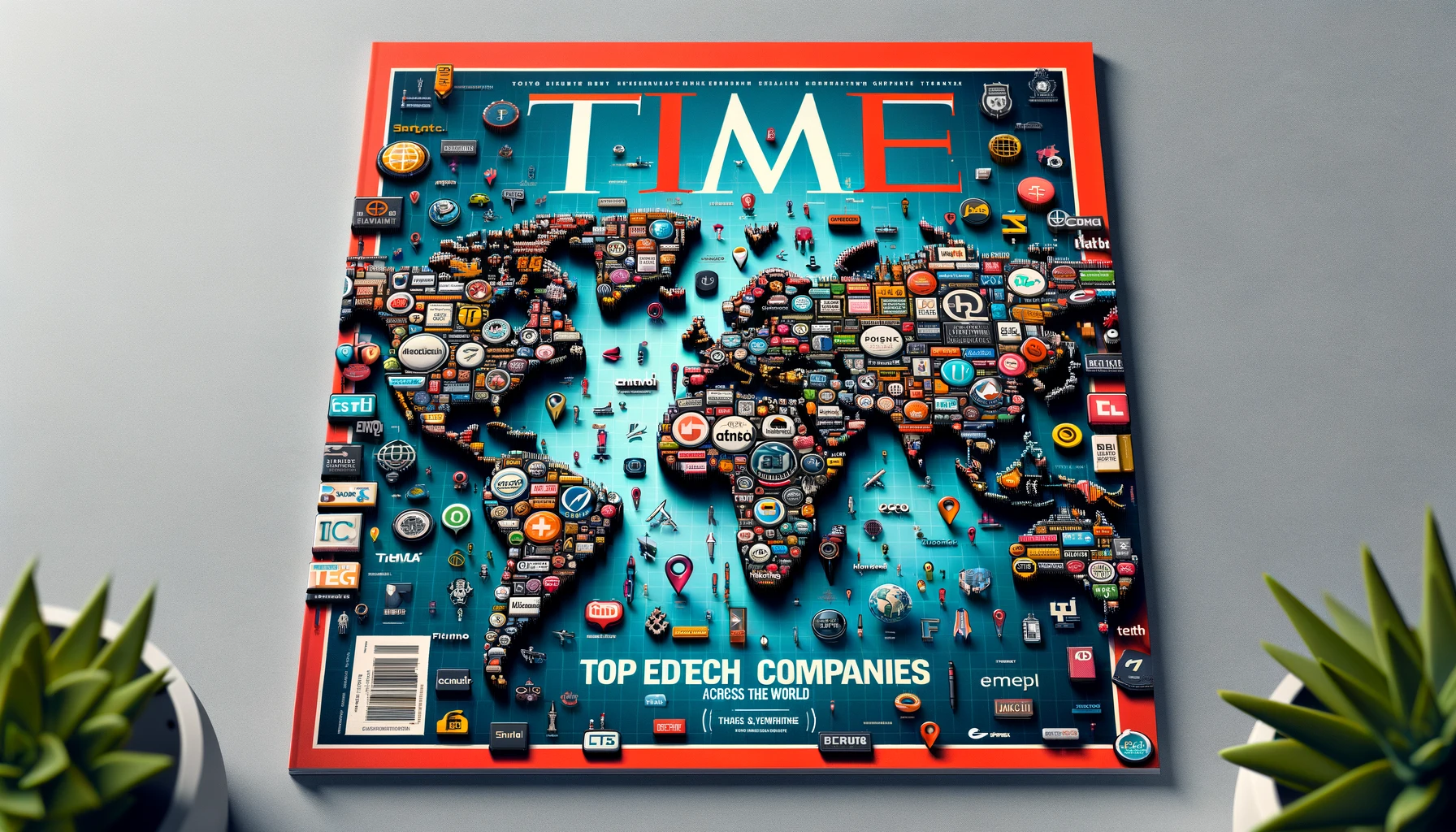Recently, TIME magazine published a list of the world’s top edtech companies, highlighting the transformative role of technology in education. The list features companies from various countries such as Singapore, Brazil, and China, among others, underscoring the importance of innovative learning solutions in today’s evolving educational landscape. With the COVID-19 pandemic drastically changing the way education is delivered, there is a growing need for adaptable learning approaches that cater to diverse global needs.
As technology continues to reshape education, it raises questions about the future of learning environments and the impact of edtech companies on a global scale. Educational technology expert Kevin Dougherty believes that these companies play a crucial role in revolutionizing global education by offering accessible and inclusive learning solutions that cater to different student needs worldwide. By blending asynchronous and synchronous methods, edtech companies are redefining how education is accessed and delivered.
The TIME magazine list showcases several key insights about the state of edtech companies globally. For instance, U.S.-based companies dominate the top 150 companies, accounting for one-third of them. This highlights America’s strong response to educational demands and its commitment to providing cutting-edge technological solutions that meet students’ diverse needs. Moreover, the shift towards digital and flexible learning formats such as asynchronous and synchronous methods is enhancing accessibility and inclusivity in education by allowing learners from all backgrounds to access educational content at their convenience.
Successful edtech companies actively listen to learners’ needs and provide creative solutions to meet those needs effectively. For example, two of Brazil’s top 10 edtech companies focus on addressing significant educational challenges in their country. Their efforts demonstrate how edtech can drive educational innovation globally by providing opportunities for learners worldwide.
In conclusion, technology has become an integral part of modern education due to its ability to offer accessible and inclusive learning solutions that cater to diverse global needs. As such, it is vital for governments and educational institutions worldwide to embrace technology as a tool for delivering quality education while also ensuring that it aligns with ethical principles such as data privacy protection and equitable accessibility.
Furthermore, there is a need for continued investment in research into emerging technologies such as artificial intelligence (AI) and virtual reality (VR) that could further enhance teaching effectiveness while providing personalized learning experiences for students worldwide.
In summary, Time Magazine’s list of top edtech companies highlights the transformative potential of technology in shaping modern education systems worldwide. By embracing new technologies while prioritizing ethical principles like data privacy protection and equitable accessibility, we can build a more inclusive future where everyone has equal opportunities for success through quality education.
